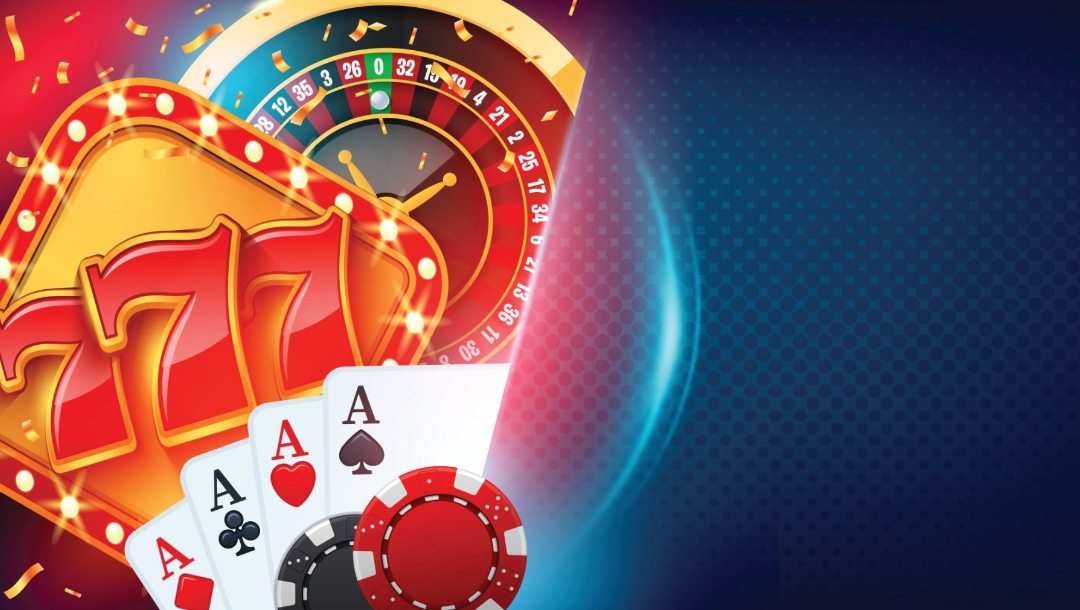The Societal Influence of Gambling Activities Across the Globe

Gambling games have long been a engaging source of amusement, drawing numerous of players from different cultures around the globe. From the glitzy casinos of Vegas to the bustling gambling halls of the Chinese gambling capital, these games serve as a link that brings together people across various backgrounds. The allure of luck, strategy, and risk entices not only those hoping to strike it rich but also those looking for a feeling of belonging.
The influence of casino games extends far beyond the gaming floor. They often reflect the social norms and beliefs of the cultures in which they prosper. Games such as Texas hold 'em, blackjack, and the wheel game have woven themselves into the mosaic of mainstream culture, influencing multiple fields from cinema to style. As we explore this fascinating intersection of gambling and life, we can gain insights into how casino games shape and are shaped by the environment surrounding us.
Chronological Evolution of Gaming Activities
The origins of gaming games can be tracked back to historical cultures, where betting in different forms was widely engaged in. In the East, around two thousand three hundred years before Christ, a type of luck game known as Keno was popular, while in ancient the Roman Empire, soldiers would regularly bet on the results of their contests. The idea of using chance for entertainment and gain progressed over the centuries, leading to the creation of more structured games. By the final Middle Ages, gambling houses began to emerge in European nations, notably in Italy, which introduced early incarnations of well-liked activities still enjoyed today.
As betting increased popularity in European regions, the 17th and 18th centuries saw the rise of gaming houses as specialized locations for gambling. The earliest official gambling house, the Ridotto, was founded in the city of Venice in sixteen thirty-eight, featuring games like the game of Baccarat and Faro. This era marked a significant shifting point, as casinos began to draw not just the high society but also the growing middle-income class. The sophistication of games evolved, leading to the introduction of new regulations and versions that enriched the gaming experience.
In the 19th century, the era of industrialization and changes in societal norms also transformed the landscape of casino activities. The introduction of roulette and new gaming machines attracted a broader crowd, and casinos became seen as legitimate forms of entertainment. This era witnessed the worldwide proliferation of casino activities, as gambling houses extended from the continent to the Western Hemisphere, culminating in the establishment of the famous Las Vegas Boulevard in the 1900s. casinos ohne OASIS The evolution of casino games has progressed into the present day, including new technologies and digital platforms, rendering them accessible to a worldwide audience.
## Cultural Relevance in Diverse Societies
Gambling games have deep-rooted cultural value across a multitude of societies around the world. For instance, in Las Vegas, the very fabric of the urban landscape is woven around gambling establishments, where gambling is not just a pastime but a key aspect of leisure and social interaction. The vivid lights and lively atmosphere attract millions, showcasing how games of chance can influence local economical structures and cultural identities. This environment transforms the notion of relaxation into an engaging experience that influences apparel, sound, and even film.
Conversely, some cultures view wagering with an air of caution, viewing it through the lens of ethical considerations and heritage. For example, in various Asian societies, games like Mahjong and Pai Gow Poker are full of history and carry significant social relevance. These games are often played during gatherings and festivities, fostering community bonds and strengthening family ties. The act of playing these games goes above mere leisure, reflecting principles such as deference to seniors and the significance of collective enjoyment.
At the same time, in European countries such as the principality of Monaco and Rome, games of chance serve as symbols of luxury and refinement. The stylish atmosphere of these establishments attracts both visitors and residents, maintaining a sense of status and exclusivity. The art of Texas Hold'em and the strategic elements of games like baccarat are celebrated, influencing interpersonal interactions and creating an attraction that enthralls a diverse audience. This highlights how games of chance can simultaneously echo and shape societal views towards risk, gain, and social interaction.
Financial Influence and Travel Industry
Casino games play a crucial role in the economic landscape of many areas, particularly those that depend significantly on tourism. The revenue generated from casino operations fuels local financial systems, creating employment opportunities not only within the casinos themselves but also in related sectors such as hospitality, dining, and recreation. This surge of tourists, drawn by the attraction of gambling and the overall gaming environment, stimulates spending across multiple businesses, contributing to the economic vitality of the area.
The existence of casinos often leads to the development of facilities, including lodging, transportation systems, and leisure amenities. These improvements are essential in enhancing the overall visitor satisfaction, making locations more attractive to visitors. Additionally, many casinos invest in local communities through support of activities and charitable activities, further embedding themselves into the social fabric of the locality. Such investment not only supports economic growth but also cultivates a positive reputation of the gambling sector.
Moreover, the global popularity of casino games drives competitive tourism, with regions vying to attract gamblers from around the world. Iconic destinations like Las Vegas and Macau have become identifiable with gambling culture, drawing millions each year. This competitive edge encourages innovation and diversification within the gaming industry, influencing trends in entertainment and hospitality that resonate beyond their limits. The ripple effects of this tourism extend wide, impacting local economies and cultural exchanges on a worldwide scale.
